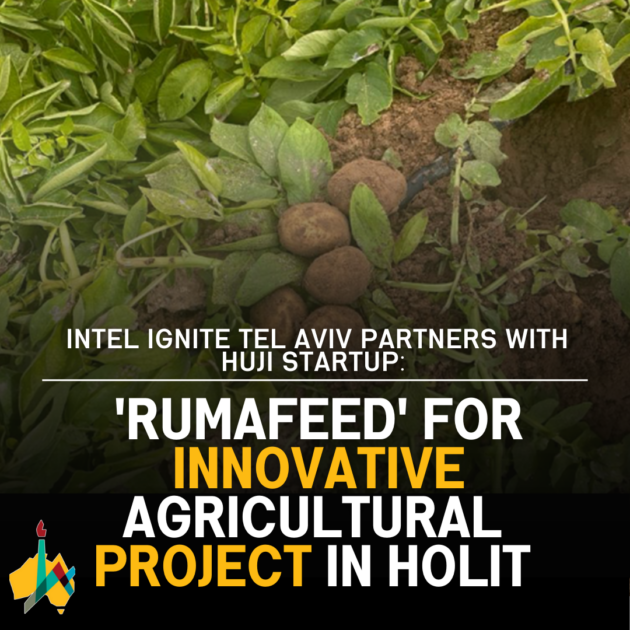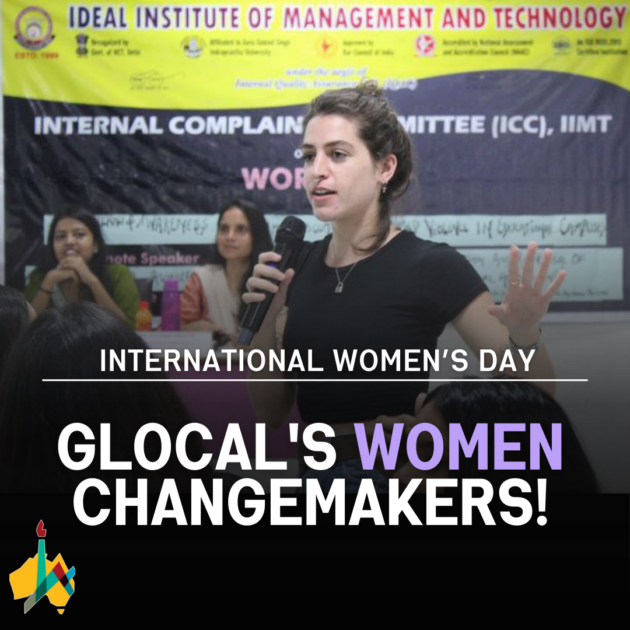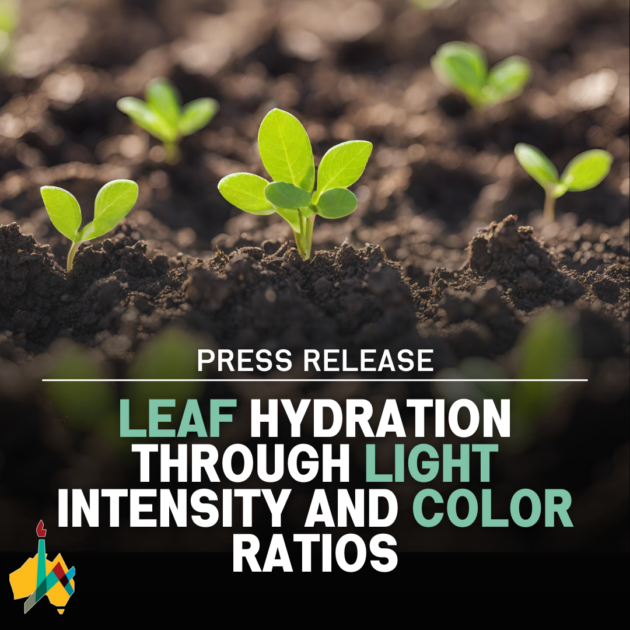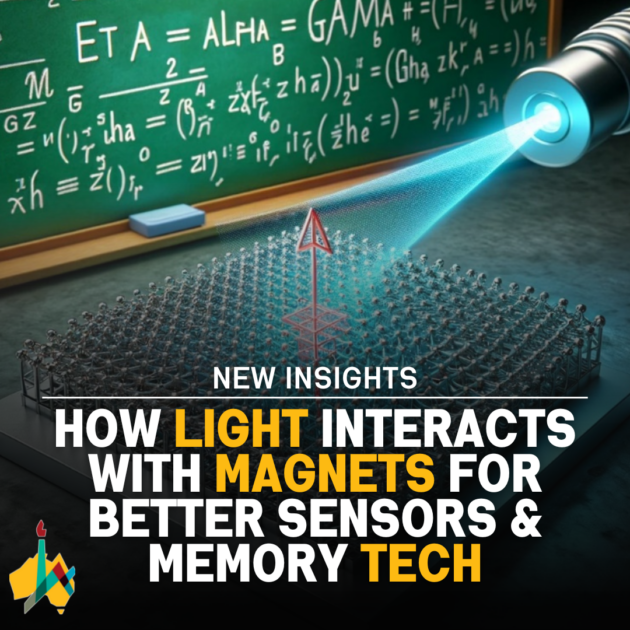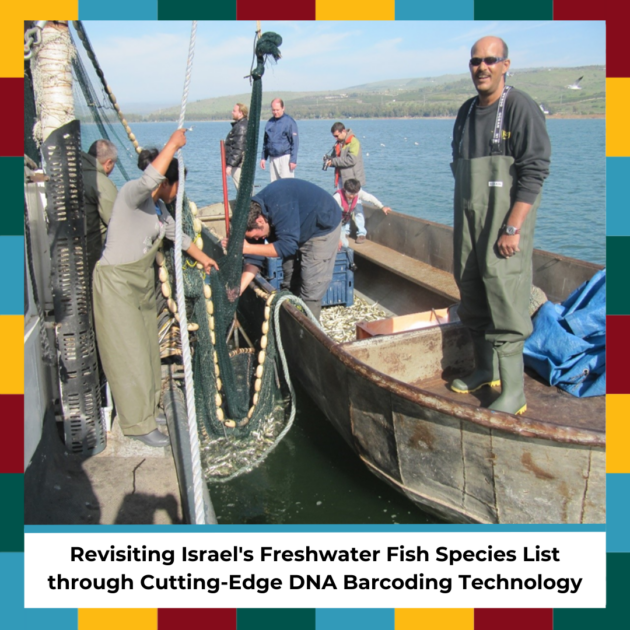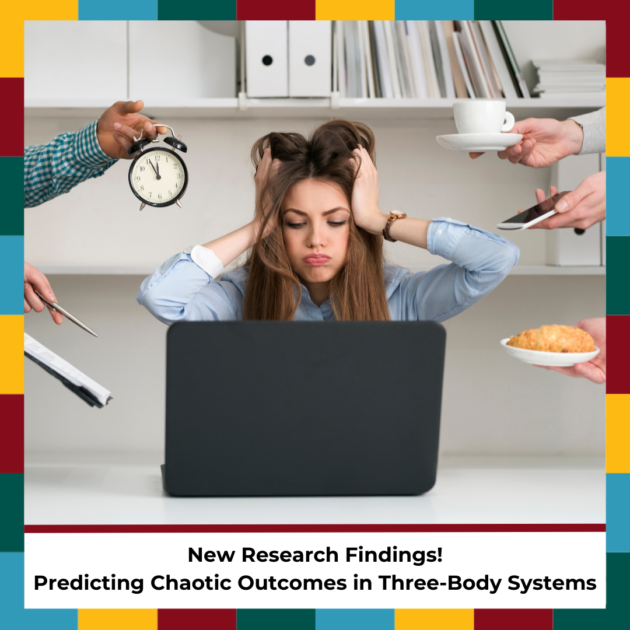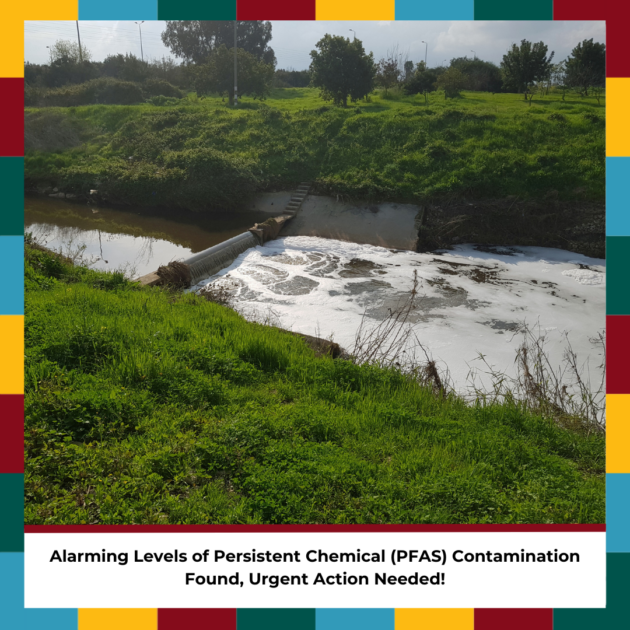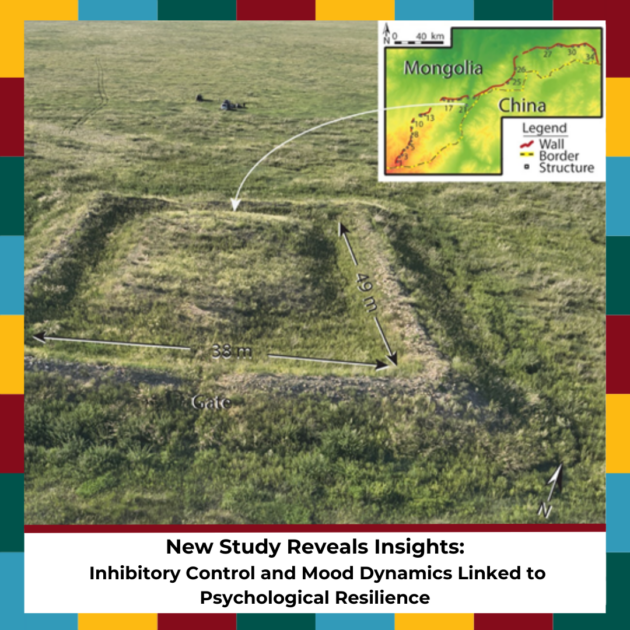Emerging from the Ruins – Intel Ignite Tel Aviv Partners with Hebrew University Startup ‘Rumafeed’ for Innovative Agricultural Project in Holit
Hebrew University is thrilled to announce that “Rumafeed,” a startup associated with Hebrew University and Yissum, led by Prof. Haim Rabinowitch, has been chosen by Intel Ignite Tel Aviv to partner with Holit on a Proof of Concept (POC). Their project has achieved a remarkable transformation of potato leaves, turning what is currently considered biological …

